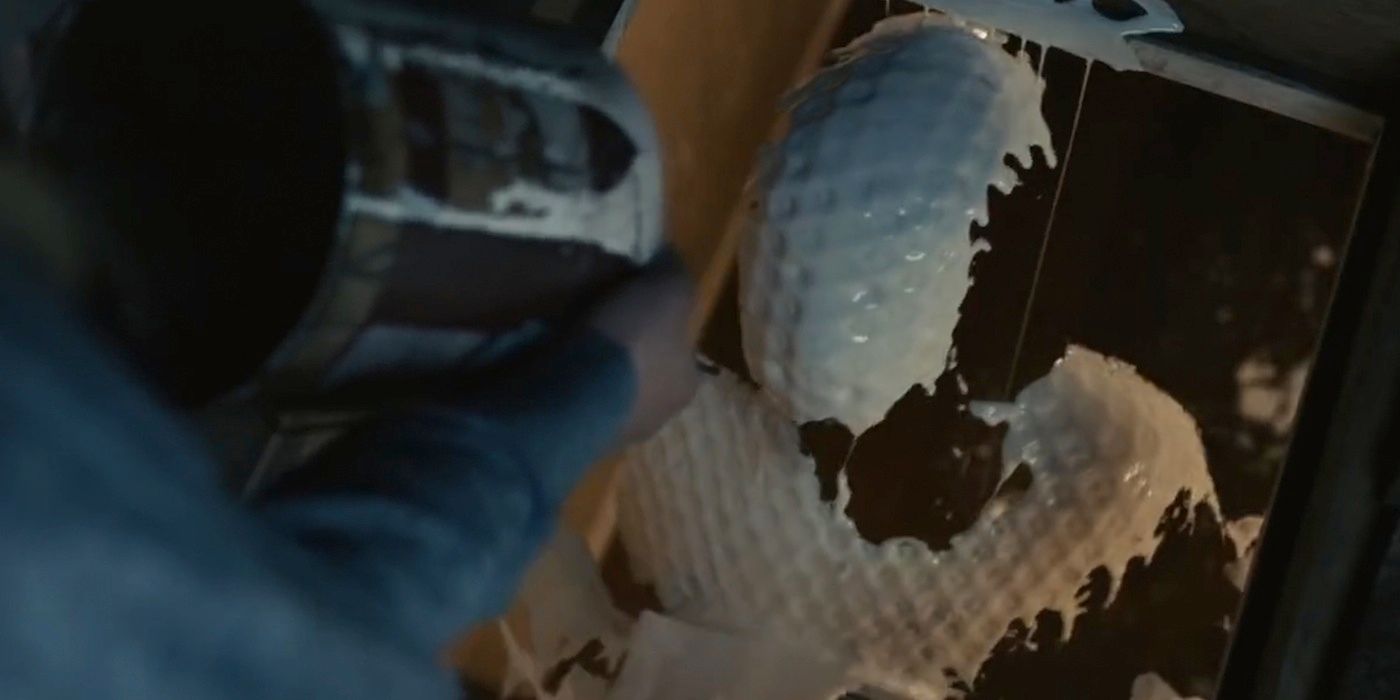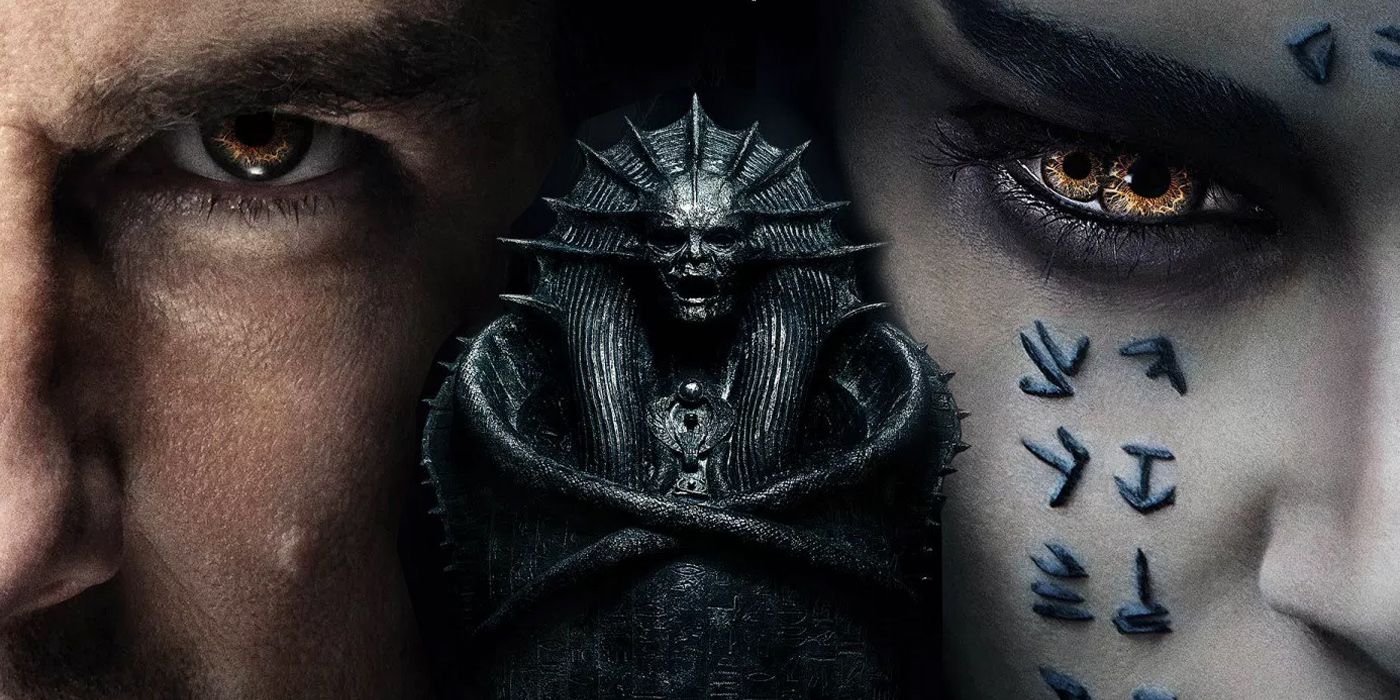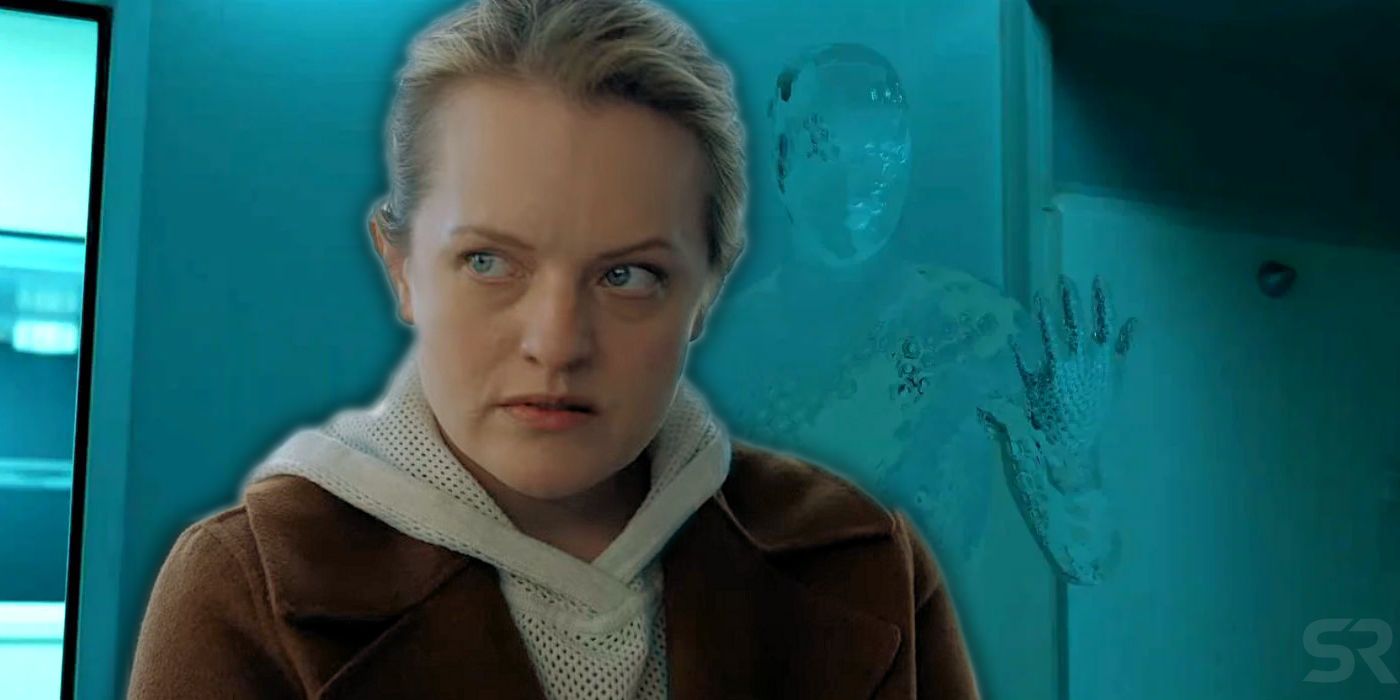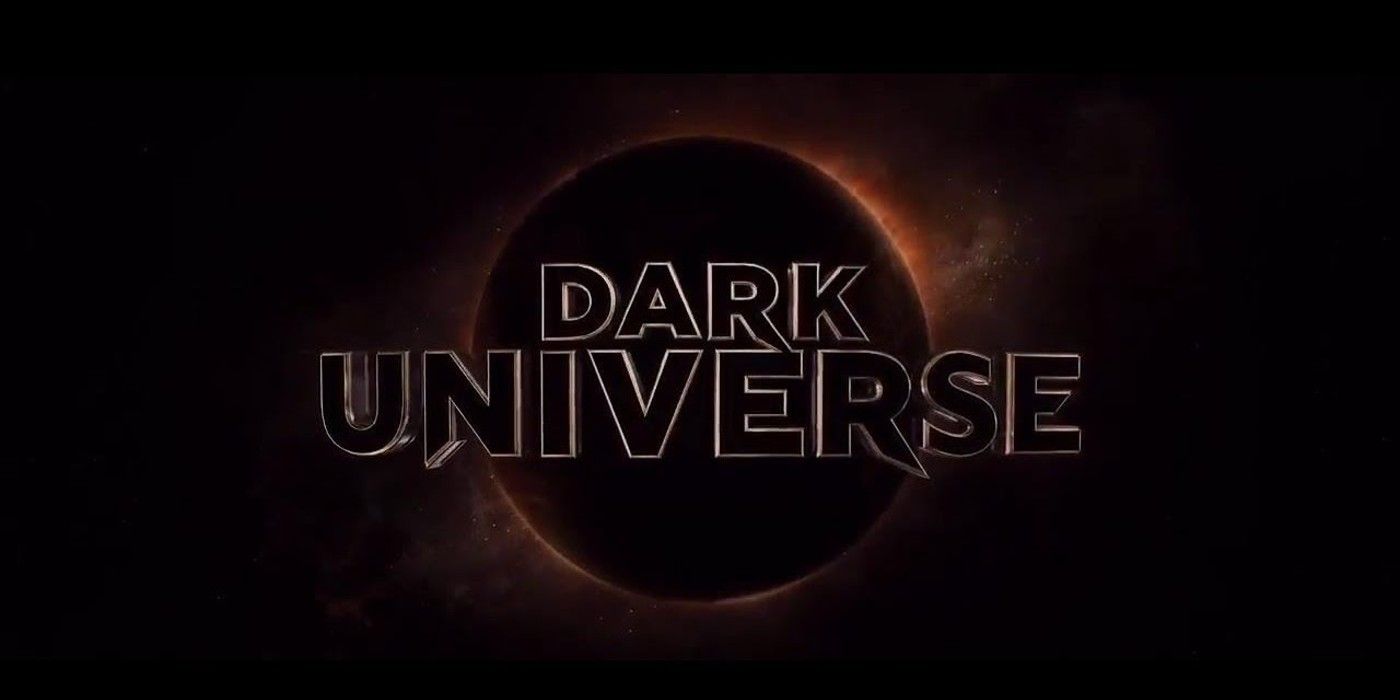Leigh Whannell's visceral, white-knuckle take on The Invisible Man brought fans of classic Universal monsters and villains everything they had hoped for with 2017's The Mummy, but didn't receive.
Universal's monsters are classics for a reason. Regardless of where the horror genre has gone, villains like Dracula, Frankenstein, the Wolf Man, the Mummy, Creature from the Black Lagoon, and the Invisible Man have all endured the test of time. Many iterations of these characters have arisen over the years, and they've bled into crossover genres or even gone outside of the box entirely with media geared toward young people with films like Hotel Transylvania. However, when Universal first started seriously discussing bringing back the classic monster movies with modern technology, big budgets, and A-list actors, people got excited. 2014's Dracula Untold was in the earlier stages of this transitional period, but it culminated with the Tom Cruise led The Mummy in 2017 - that movie was, in many ways, both the beginning and the end.
After The Mummy didn't pan out, all the subsequent projects such as the Johnny Depp version of The Invisible Man, Angelina Jolie's Bride of Frankenstein, Russell Crowe's Dr. Jekyll and Mr. Hyde, and Javier Bardem's Frankenstein were put on ice.
Where Tom Cruise's Mummy Reboot Went Wrong
2017's The Mummy failed for several reasons. First of all, it was both a critical and financial failure. As of this writing, The Mummy has a 16% rating on Rotten Tomatoes, earned 1.5/4 stars from Roger Ebert, and its big-budget, blockbuster style just didn't fit. Adding to that the financial failures of its estimated $125-195 million budget that only earned it back $410 million worldwide gross. This roughly translates to a $90 million loss for Universal Studios, which is not something anyone should take lightly. Because The Mummy was supposed to set up its The Avengers style team-up of classic monsters, with Dr. Henry Jekyll (Russell Crowe) appearing in The Mummy to create a bridge between stories, its problems left a sour taste in executives' mouths, which easily translated to all their other pending projects being dubbed a huge risk.
Other versions of The Mummy, such as the Brendan Fraser-led trilogy, were better received because they had infinitely more charm from its male lead (Fraser), a good story, and didn't suffer from the same identity crisis as The Mummy. It tried to lean more on action and adventure tropes like a good Indiana Jones movie with mythology scattered throughout; it wasn't intended as horror. Tom Cruise's The Mummy was marketed as an action/thriller, but executed the action sequences with way too much CGI and felt more like a lesser-polished version of Paul W.S. Anderson's Resident Evil blockbusters than it did a classic monster movie. Furthermore, key aspects of the 1999 version were utilized in this newer version, but it ultimately delivered nothing that could set itself apart, and leaned too much on flashy showmanship and its big name star.
The Invisible Man Gets It Right
Leigh Whannell, who is known in horror circles as one of the best modern directors, succeeded with The Invisible Man because, first and foremost, the movie focuses on its characters. Where Whannell has worked with more gory, grotesque horror movies like Saw in the past, The Invisible Man knows exactly what it is from start to finish - a slow-burn, pulse-pounding thriller centered around its leads. Oliver-Cohen Jackson doesn't have to be seen to be felt as Adrian Griffin, a brilliant optics scientist who has created a suit that allows him to become completely invisible so he can continue gaslighting and tormenting his ex-girlfriend (Elisabeth Moss) after she dares escape him and their abusive relationship.
Cecilia Kass (Moss) tells a riveting story of the #MeToo era and highlights the perils of being on the run from her abuser in a world where nobody will listen to her stories, nobody will share in her pain, everyone has an opinion about what she should be doing and - most dangerously of all - nobody will believe her. It's here where Whannell really digs into the horror and the individualized aspects of The Invisible Man. While Jackson-Cohen rarely appears in the flesh, he is seen in every corner, even though he's invisible. When a shot lingers on a corner in a specific room for too long, the audience knew he was there, his presence filling the space while Cecilia tried to regain her own autonomy and heal from her trauma. Griffin's powers and origin are much different than the almost comical, bandaged villain in the 1933 Claude Rains film, and this is for the betterment of the film. Not only is Cecilia's story harrowing but for many, it's reality.
Whannell stated that he wanted to make his version of The Invisible Man because he had a specific story in mind that he wanted to share - the story of a woman desperate to regain control of her own identity and herself when her abuser's presence lingers even in moments where she cannot see him. There are no gimmicks or unnecessary explosions in a $7 million budget movie; there's simplicity, nuance, and the chilling silence of a quiet room.
Can The Invisible Man Start A New Dark Universe?
Currently, there are plans for Universal to green-light other projects with their updated lens of what they'd like the Dark Universe to be. Like The Invisible Man, the studio is intending to focus on standalone stories that revitalize the classics in interesting, modern ways from storytellers who know exactly what message they want to share with an audience. While many of these upcoming Dark Universe movies don't have release dates or too many details, some of the talent attached, including Paul Feig, Elizabeth Banks, and potentially even names like John Krasinski and Sam Raimi bode well for its future with this new shift in focus. After The Mummy, it would seem the studio has learned its lesson, and will hopefully pave the way for more modern originality in big horror franchises in the not-too-distant future.




